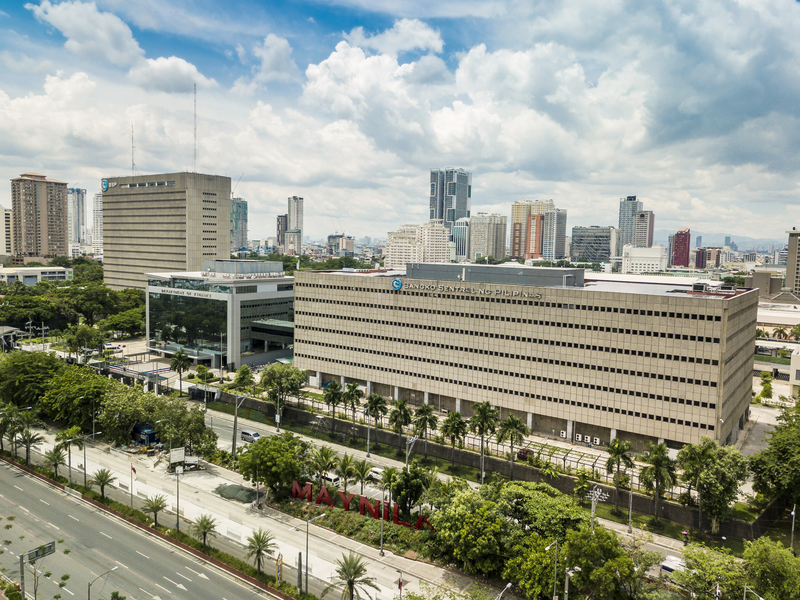AN international advocacy organization on Thursday urged President Ferdinand Marcos Jr. to consider implementing three major policies to attain food security, particularly self-sufficiency in fish and marine products.
Atty. Gloria Estenzo Ramos, Oceana Philippines vice president, made the statement amid declining national fish supply and production, and a looming global food crisis.
Ramos particularly asked President Marcos to stop fish importation; implement an inclusive, science-based fisheries management plan, and prosecute commercial fishers encroaching in municipal water.
“We are already feeling the pinch of a global food crisis, including decreasing national fish stock. The country’s aquaculture and marine resources should be prioritized as a major source of food and nutrition for Filipinos, but these continue to degrade because of lack of political will to fully and vigorously implement fishery laws, policies and regulations,” said Ramos.
As the concurrent agriculture chief, the President, the Department of Agriculture (DA) and Bureau of Fisheries and Aquatic Resources (BFAR) should focus on restoring the country’s rich marine resources through the strict implementation of the Fisheries Code as amended, or RA 10654, Ramos said.
The law mandates protection of the 15-kilometer municipal waters from commercial fishing operations.
Ramos also cited the anemic implementation of the DA-BFAR Fisheries Administrative Order (FAO) No. 263 that delineates the country’s surrounding oceans into 12 Fisheries Management Areas (FMAs).
“While there are initial successes in Eastern Visayas, Zamboanga Peninsula and Davao regions, and the 12 FMAs have their respective management boards and scientific advisory groups, much is still to be desired in the implementation of their FMA management plans to effectively restore our fishing grounds and ensure that small fisherfolk are provided ample assistance for their livelihood, post-harvest facilities and perhaps fuel and food subsidies to improve their income and their families’ well-being,” Ramos said.
“The DA-BFAR, now led by officer-in-charge Atty. Demosthenes Escoto, should continuously work hand in hand with fishing industry stakeholders and local government unit [LGU] officials to ensure that our marginalized fisherfolk and coastal communities are taken care of,” she added.
For its part, she said Oceana has been closely working with the DA-BFAR, LGUs and fishers’ groups in the sustained implementation of the National Sardine Management Plan in all FMAs, as previously directed by former DA Secretary William Dar, to arrest the declining catch of pelagic fish species, particularly the fimbriated sardines (tunsoy).
According to the Philippine Statistics Authority (PSA), tunsoy has decreased by 13.5 percent as of first quarter (Q1) of 2022.
The PSA also reported a decline —due to rising fuel costs—in all captured fisheries for Q1 2022, from 973,622 metric tons (MT) a year ago, in both commercial and municipal fisheries, to 971,501 MT.
A fishery expert, Dr. Wilfredo Campos of the University of the Philippines Visayas, said the fishing sector has been hounded by compounding challenges for decades, including overfishing, made worse by persistent illegal commercial fishing in municipal waters.
“We commend the FMA 7 management board as it was the first among the 12 FMAs to approve the reference points and harvest control rules for integration into the National Sardine Management Plan,” said Ramos.
She added that several municipal mayors are establishing and strengthening their alliances to protect their municipal waters from intrusion by commercial fishing operators, and other threats to the source of livelihood and incomes of their fisherfolk and constituents.
Oceana is also calling for full compliance of the law through the installation of vessel monitoring devices in all registered and qualified commercial fishing vessels to augment monitoring, control and surveillance efforts of LGUs and enforcement agencies tasked to protect the preferential rights of artisanal fisherfolk over the use of municipal waters.
Compounding challenges have been hounding the country’s fisheries sector for years, including overfishing, made worse by persistent illegal commercial fishing in municipal waters, Campos said.
PSA data also showed that fish catch from 2010 to 2021 has continuously declined, at 49,449 MT yearly, or more than 494,490 MT over the 10-year period, manifesting that stocks have breached their productive capacity due to overfishing, Campos said.
Instead of importing fish, Ramos said the government should protect the country’s municipal waters—home to coral reefs, seagrass and mangroves that serve as fish shelter and spawning ground—and thus must be preserved as mandated by the existing fisheries and environmental laws.
“In particular, they should be protected from illegal entry of commercial fishing vessels, and the government should fully implement the vessel monitoring rules to track and identify the owner and location of commercial fishing vessels,” he added.
Image credits: Nonie Reyes

































